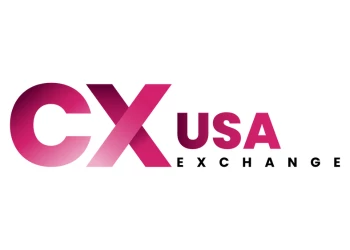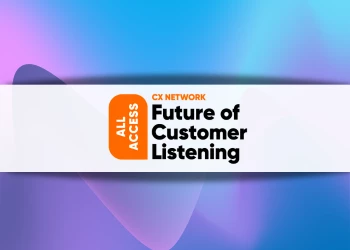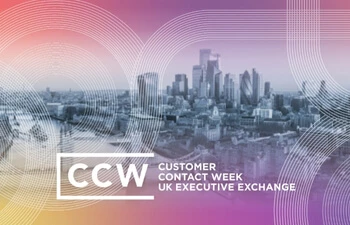UK Companies Fail At Answering Customer Questions
Add bookmarkA new UK-based study has revealed that businesses answer less than half of their customer's web queries.
It seems obvious that the speed and relevance with which a customer’s pressing query is answered forms an invaluable part of their experience with a brand, so the fact that over half of UK firms don’t see this as a priority is surprising.
100 leading UK companies were evaluated by software provider Eptica on their ability to provide answers to 10 routine questions via the web – as well as their speed and accuracy when responding to email, Twitter and chat – and just 48 per cent of questions were answered.
Julian Sammells, Sales Director UK & Ireland, Eptica, said that customers have never been more demanding, and many brands are responding by investing heavily in the customer experience.
Yet their research has seen little improvement from 2014, with the performance of many brands worsening either overall or on specific channels.
He warned: "The chasm between the leaders and laggards is growing. This should act as a wakeup call to underperforming brands – they need to improve the customer experience if they want to be successful moving forward."
It isn’t all bad though. The study revealed that the speed of answering emails and tweets has improved dramatically. In 2014 it took an average of 61 hours and 39 minutes to get a response on email – this year this had been reduced by more than half, to 29 hours 27 minutes.
Having said that, there were major discrepancies with one retailer successfully answering an email question in 9 minutes, yet another taking over 30 days to do the same.
Company websites remain the most successful in answering customer queries (64 per cent of questions get answered), while Twitter (41 per cent) and email (39 per cent) lag behind.
When it comes to speed, Twitter leaps to the top spot though with average response times dropping from 8 hours 37 minutes in 2014 to 5 hours 27 minutes in 2015.
Unfortunately faster replies do come at a price as 11 per cent of emails and tweets did not actually answer the customer’s question, requiring consumers to send follow up communications or to switch to more expensive channels such as the telephone.
Web chat continued to provide the greatest accuracy (89 per cent) and fastest response, with an average conversation time of 7 minutes 13 seconds. Although this was nearly double the average conversation time of 2014.
However, while 26 per cent of companies claimed to offer chat, just 9 per cent had it working when tested.
So, which channel should you focus on when it comes to answering customer queries swiftly and accurately?
Olivier Njamfa, CEO and co-founder of Eptica, explained: "Companies are facing an enormous growth in the number of queries they receive from consumers, across an ever-increasing range of channels. Many are struggling to cope, with some essentially switching off entire channels and focusing their efforts on one or two.
"Rather than multichannel, we’re seeing a growth in unichannel as companies cut back. This is short-sighted – customers want to be able to use their channel of choice, not be forced into particular methods of communication."
When asked for one conclusive piece of advice for companies tackling their customer query response time and encourage growth, he said: "Centralising customer service and sharing information between channels is essential for brands if they want to meet consumer needs and deliver fast, accurate service that underpins business growth."






















